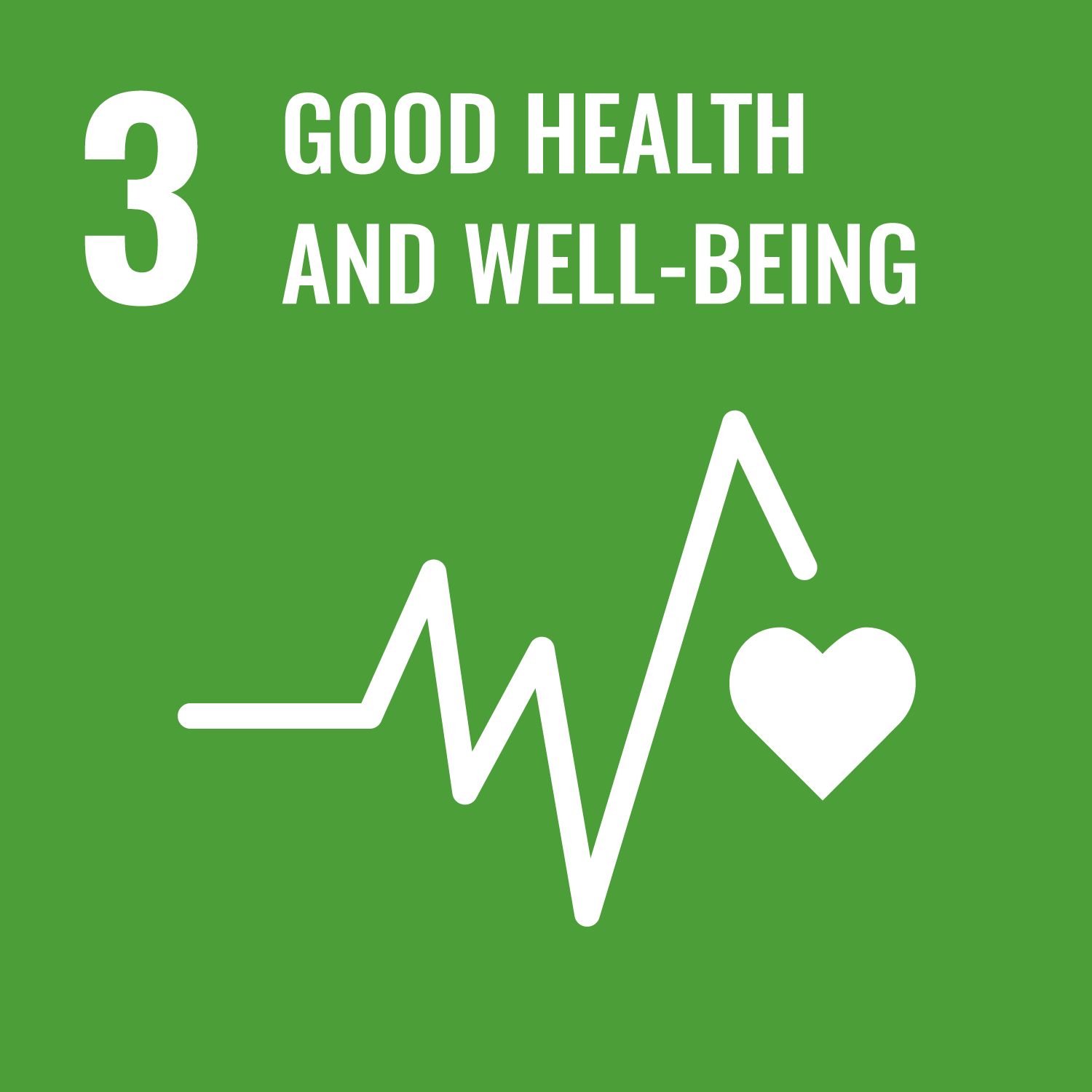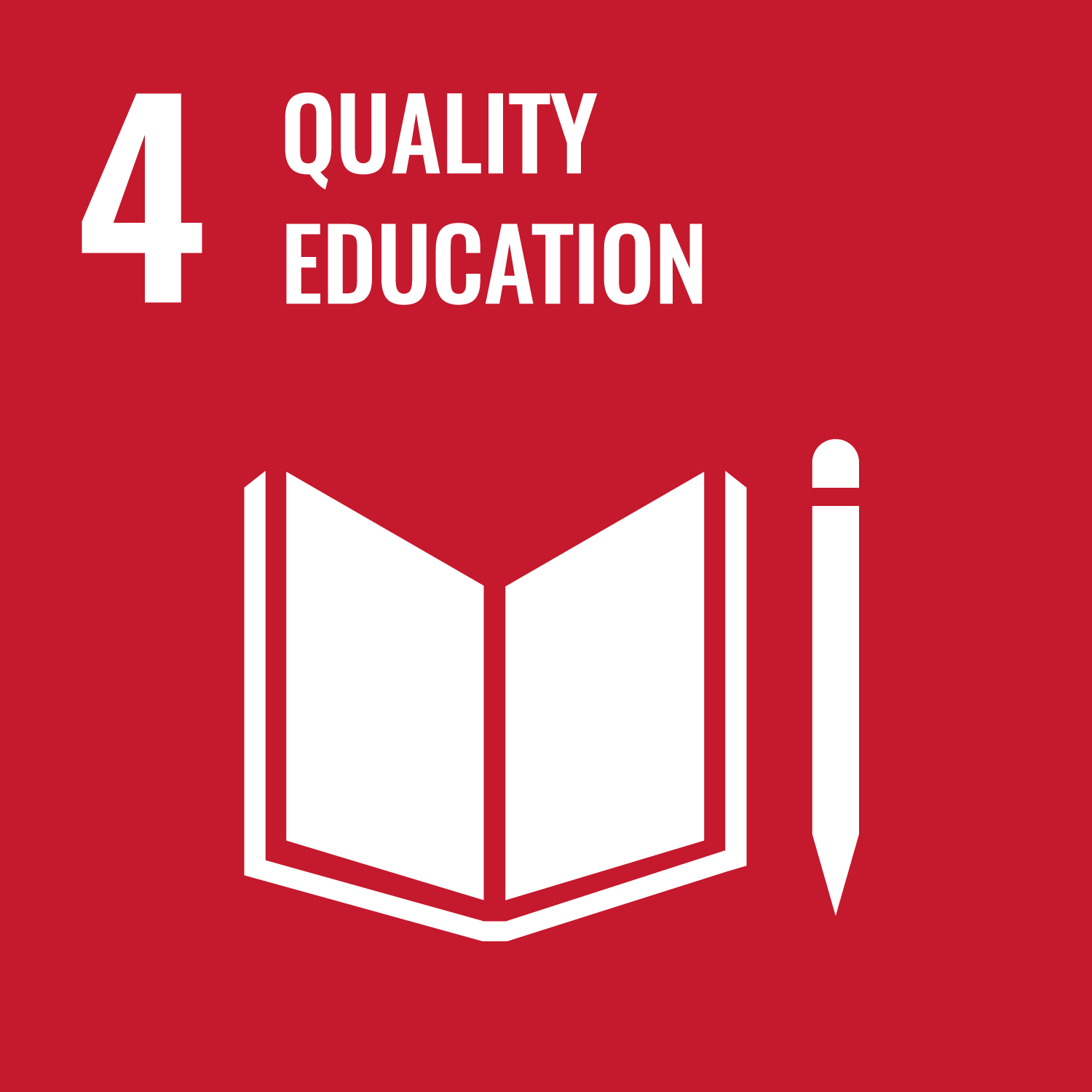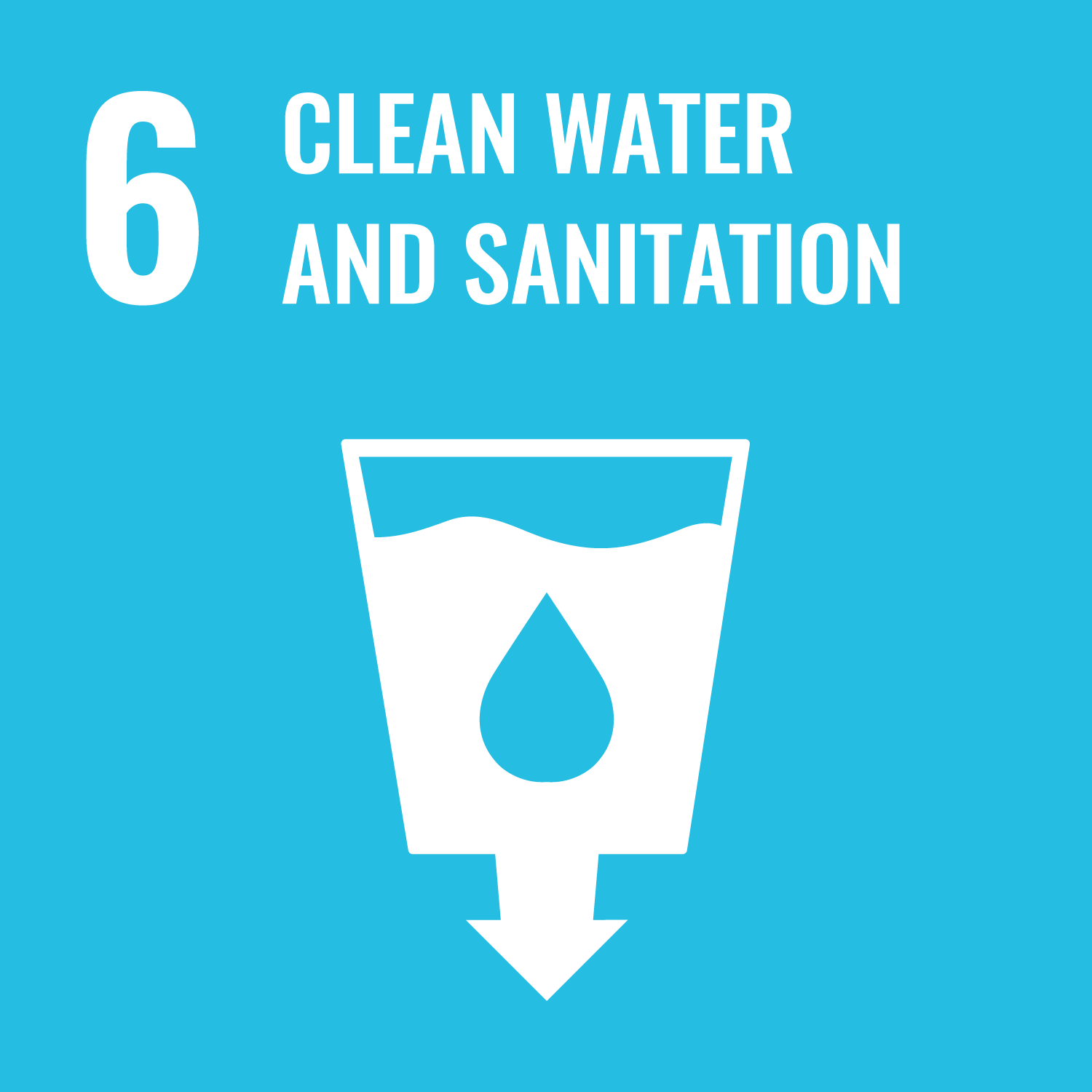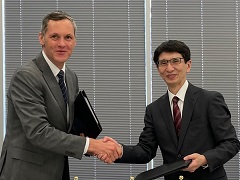On February 28, the Japan International Cooperation Agency (JICA) signed grant agreements (G/As) with the United Nations Children’s Fund to provide grant aid of up to 3 billion yen in total for the following two projects.
(1) The Project for Infectious Diseases Prevention for Children (Maximum grant amount: 2.5 billion yen)
(2) The Project for Improving WASH Environment in Schools (Phase 2) (Maximum grant amount: 500 million yen)
Details for the projects are provided below.
(1) The Project for Infectious Diseases Prevention for Children
<Objective and Summary>
With the country’s situation having changed in August 2021, the people of Afghanistan are currently facing unprecedented economic and humanitarian crises due to shortages of food and medical products, exacerbated by poverty. Thus, support from the international community is essential.
One of the most urgent issues is the large number of children dying from preventable diseases such as polio and tuberculosis. This is due to inadequate vaccination against such preventable diseases, resulting from various reasons including security threats, poor access to healthcare facilities, and a lack of information about vaccinations.
This project will support the procurement of vaccines for routine immunization and polio vaccination campaigns, quality management of vaccines, and awareness raising for vaccination activities, thereby mitigating the spread of vaccine-preventable diseases among women and children in Afghanistan. Such efforts are expected to extend the outcome of previous projects, such as The Project for Infectious Diseases Prevention for Children and The Project for Enhancing the Health System through the Improvement of Cold Chain Equipment, for which G/As were concluded in May and October 2022 respectively.
This project will provide approximately 1.5 million vaccines needed by infants under the age of one—such as those for polio, tuberculosis and measles—approximately 670,000 hepatitis B vaccines, approximately 360,000 pentavalent vaccines, approximately 90,000 pneumococcal vaccines, and approximately 140,000 rotavirus vaccines. It will also vaccinate 3.33 million women of childbearing age against tetanus and diphtheria. These efforts are expected to contribute to improved health among children and women of childbearing age throughout Afghanistan, thus also contributing to the achievement of SDGs (Sustainable Development Goals) Goal 3 (Good health and well-being).
In addition, Afghanistan remains one of only two polio-endemic countries* in the world, but the number of reported cases of wild poliovirus was suppressed to just two in 2022, thanks to steady efforts toward polio eradication. The project will support Afghanistan in vaccinating 9.5 million children under five against polio, advancing efforts to eradicate the disease internationally.
*As of February 2023. The other country is Pakistan.
[Basic project information]
| Country |
The Islamic Republic of Afghanistan |
| Project title |
The Project for Infectious Diseases Prevention for Children |
| Planned implementation period |
12 months |
| Executing agency |
United Nations Children's Fund |
| Target region, facilities |
Entirety of Afghanistan |
Specific project details
(provisional) |
1 Equipment procurement
Procurement and provision of vaccines, syringes, and safety boxes for routine immunization against tuberculosis, polio, measles, hepatitis B, tetanus, diphtheria, pertussis, haemophilus influenzae type b, pneumococcal, and rotavirus.
Procurement and provision of vaccines for polio vaccination campaigns.
2 Soft components
Technical support and awareness-raising activities |
(2) The Project for Improving WASH Environment in Schools (Phase 2)
<Objective and Summary>
In Afghanistan, more than 4.2 million children are out of school and the school enrollment ratio remains at a low level—65% in cities and 48% in rural areas. The situation is especially serious for girls, who account for 60% of those children out of school.
There are many factors causing a gender gap in terms of access to education in Afghanistan, one of which being the lack of appropriate water, sanitation, and hygiene (WASH) facilities in schools. Approximately 60% of primary and secondary schools do not have separate toilets for boys and girls, causing 29% of girls to choose to be absent from school during menstruation.
Moreover, due to the wide spread of COVID-19 in 2020 and succeeding temporal closures of schools, the studies of approximately 9.3 million children were suspended. In order to ensure children’s health and to prevent epidemics of infectious diseases, the enhancement of WASH facilities in schools and wider communities is becoming an urgent challenge in Afghanistan.
The project aims to improve children’s access to education as well as to sanitation and hygiene facilities. It will do so by constructing and improving WASH facilities in schools, including toilets and hand-washing facilities, and water-supply systems in neighboring communities in four provinces of Afghanistan—Ghor, Uruzgan, Zabul and Paktika provinces—where access to such facilities is particularly limited. The project thereby also aims to contribute to the achievement of SDGs (Sustainable Development Goals) Goals 4 (Quality education) and 6 (Clean water and sanitation).
[Basic project information]
| Country |
The Islamic Republic of Afghanistan |
| Project title |
The Project for Improving WASH Environment in Schools (Phase 2) |
| Planned implementation period |
12 months |
| Executing agency |
United Nations Children’s Fund (UNICEF) |
| Target region, facilities |
Ghor, Uruzgan, Zabul, and Paktika provinces |
Specific project details
(provisional) |
1 Facility construction and improvement/equipment procurement
Construction and rehabilitation of WASH facilities in schools and the wider community
2 Soft components
Implementation of hygiene promotion activities and distribution of hygiene promotion items |








scroll